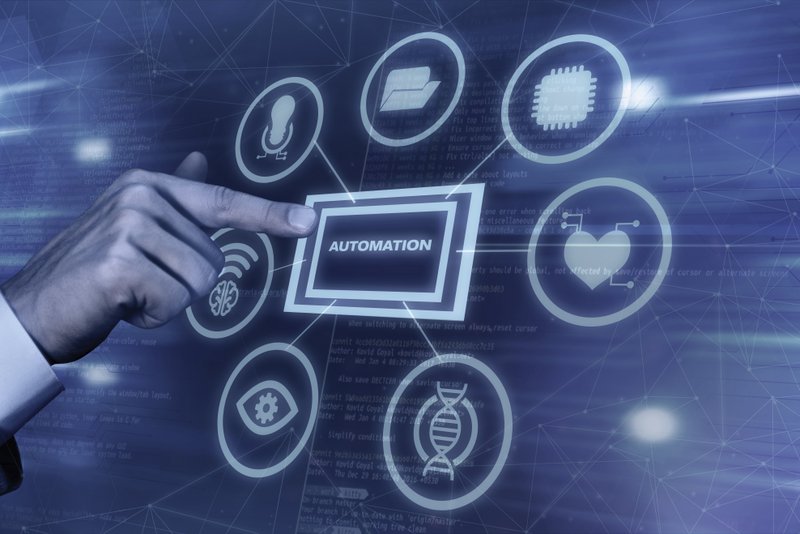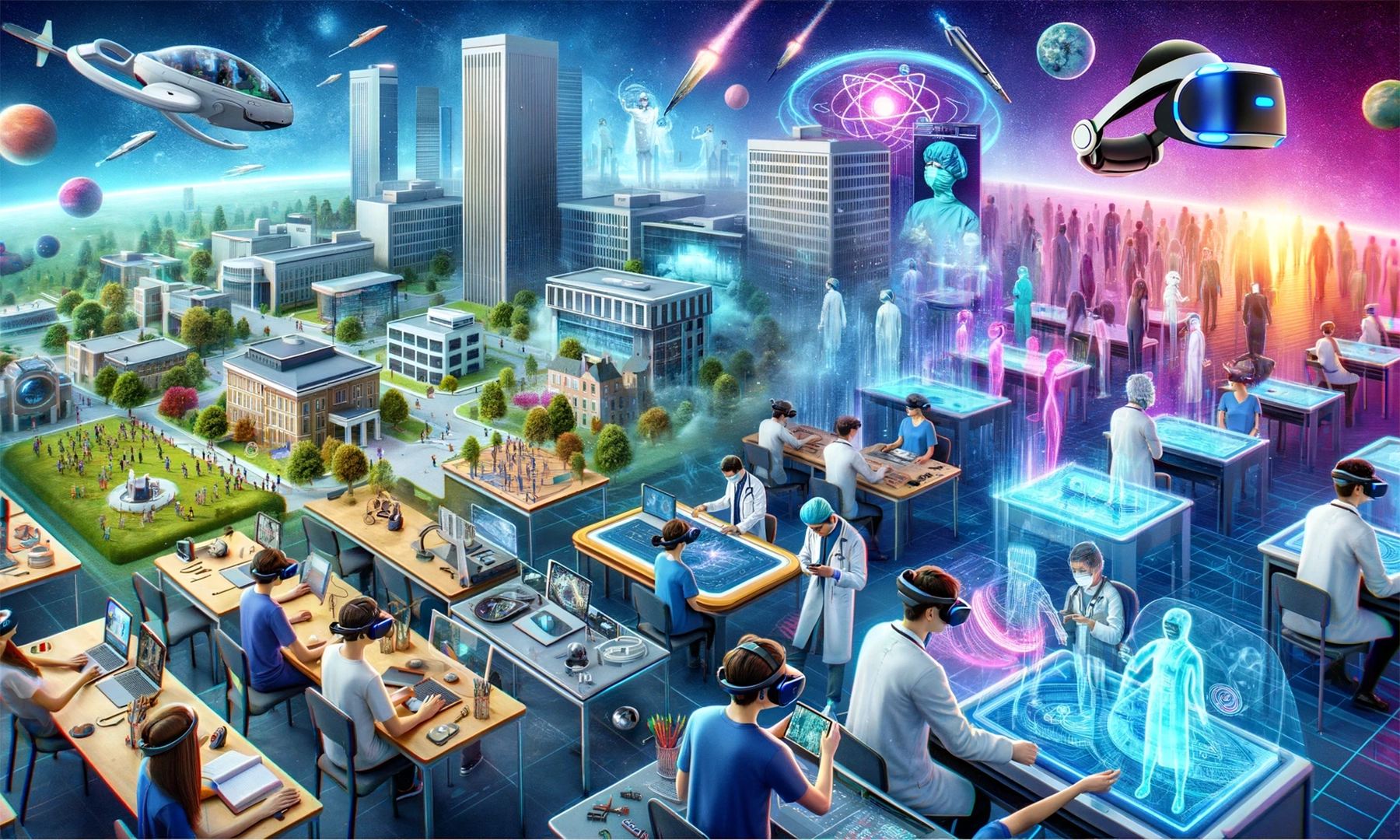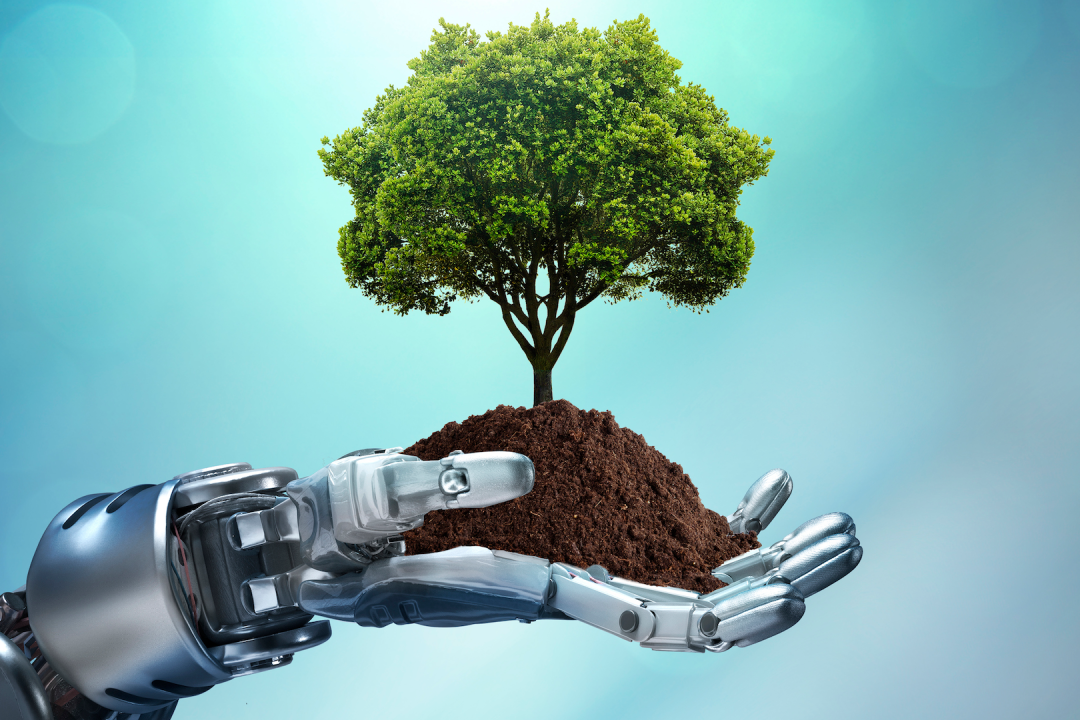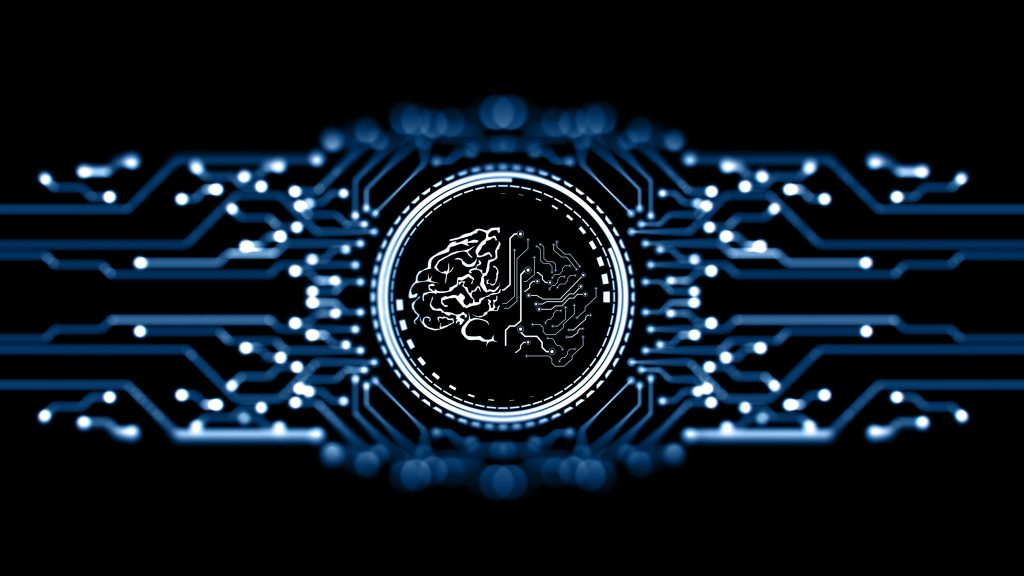Artificial Intelligence (AI) has become a pivotal force transforming business operations in a variety of sectors. By automating tasks, enhancing decision-making, and streamlining processes, AI is redefining the way business is done. This paper delves into how AI is driving business automation, its applications, benefits, challenges, and the future that AI will bring.
1. artificial intelligence and automation
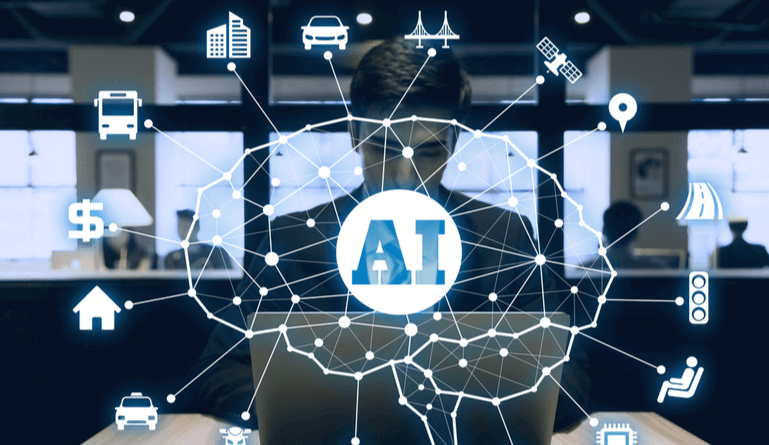
Artificial intelligence refers to the simulation of human intelligence processes by machines, especially computer systems. This includes learning (acquiring information and rules for using it), reasoning (using rules to reach approximate or definite conclusions), and self-correction. Automation, on the other hand, refers to technologies that perform tasks without human intervention.
1.1. Main Components of AI
Machine Learning (ML): a subset of AI that allows a system to learn from data and improve its performance over time without being explicitly programmed.
Natural Language Processing (NLP): facilitates better human-machine interaction by allowing machines to understand and respond to human language.
Robotic Process Automation (RPA): software robots that automate repetitive, rule-based tasks across applications.
2. application of AI in business automation
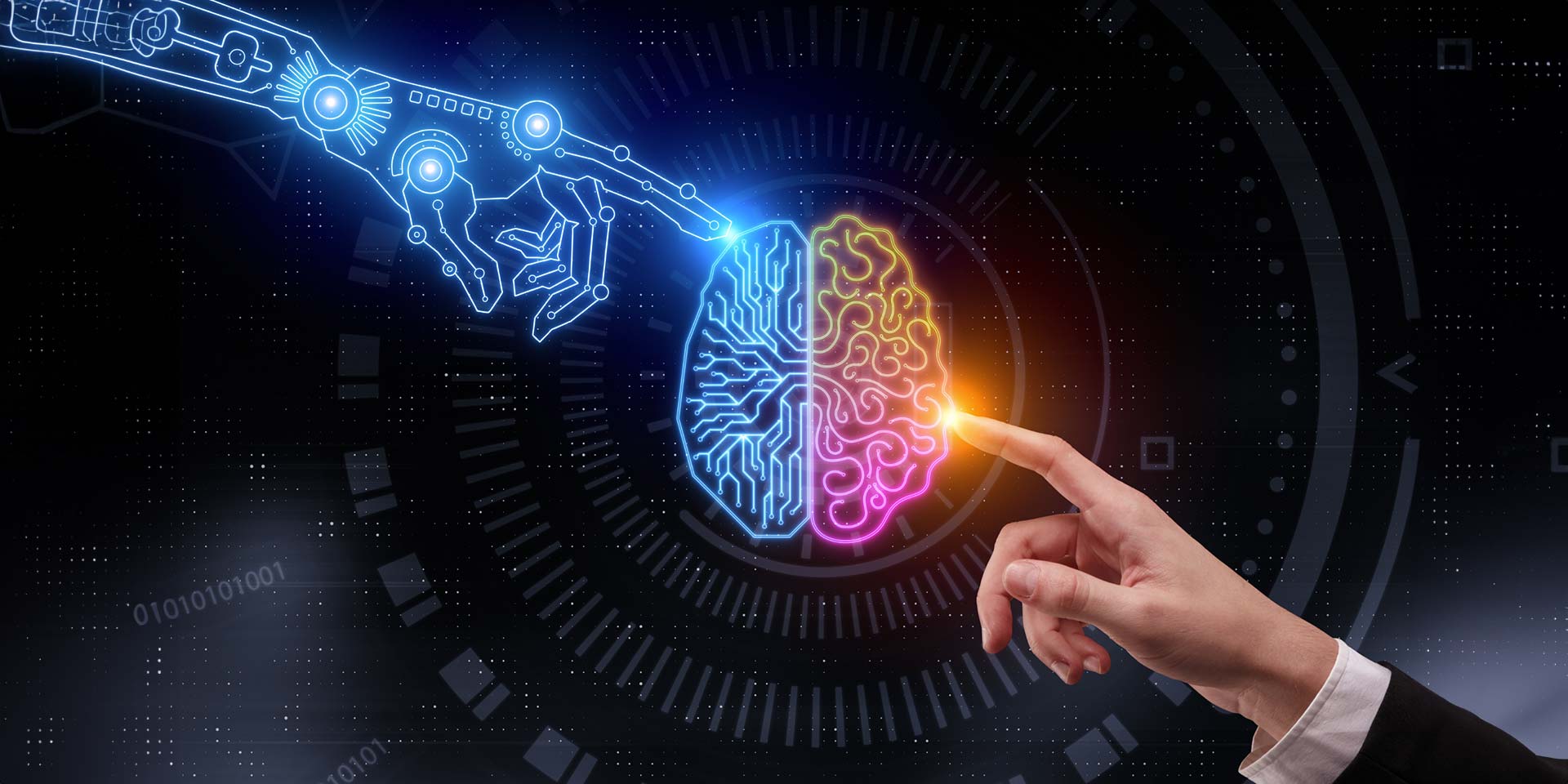
AI has made great strides in automating various aspects of business operations. Here are some notable applications:
2.1. customer service automation
AI-powered chatbots and virtual assistants are transforming customer service. These tools can respond to customer inquiries, provide support, and resolve issues around the clock without human intervention.
24/7 availability: Chatbots can respond to customer inquiries instantly, improving customer satisfaction and reducing wait times.
Personalization: AI algorithms analyze customer data and provide personalized recommendations and solutions to enhance the customer experience.
2.2. marketing automation
AI is reshaping marketing strategies by automating processes such as email marketing, social media management, and customer segmentation.
Predictive Analytics: AI analyzes historical data to predict customer behavior, allowing companies to effectively tailor their marketing efforts.
Content creation: AI tools can create personalized content for different audiences to increase engagement and conversion rates.
2.3. supply chain management
AI increases supply chain efficiency through automation, predictive analytics, and real-time monitoring.
Inventory management: AI systems can predict inventory needs, automate replenishment processes, and optimize warehouse operations.
Logistics optimization: AI algorithms analyze routes and delivery schedules to improve transportation efficiency and reduce costs.
2.4. Human Resource Management
AI is revolutionizing human resource operations by automating the processes of recruitment, employee on-boarding, and performance evaluation.
Recruitment automation: AI can screen resumes, schedule interviews, and even conduct initial evaluations, saving time and resources.
Employee engagement: AI-powered tools can analyze employee feedback and performance data to identify areas for improvement and improve workplace culture.
3. benefits of ai-driven automation in business

The integration of AI in business automation offers numerous benefits:
3.1. increased efficiency
AI automates repetitive tasks, allowing employees to focus on higher-value activities. This increases productivity and operational efficiency.
3.2. cost reduction
By reducing manual work and optimizing processes, AI automation can significantly reduce operational costs. Companies can allocate resources more effectively and reduce overhead costs.
3.3. enhanced decision-making
AI systems provide data-driven insights and analysis, enabling companies to make informed decisions faster. This leads to better strategic planning and responsiveness to market changes.
3.4. Increased Accuracy
AI algorithms reduce human error associated with manual work. Increased accuracy leads to better results and increased customer satisfaction.
4. challenges of implementing AI automation
Despite its benefits, integrating AI into business processes comes with challenges:
4.1. resistance to change
Employees may resist the introduction of new technology because they fear turnover or do not understand the benefits of AI. Change management strategies are important for a smooth transition.
4.2. data privacy and security
The use of AI often involves the processing of large amounts of sensitive data. Ensuring data privacy and regulatory compliance is paramount to preventing data breaches and maintaining customer confidence.
4.3. integration with existing systems
Integrating AI solutions with legacy systems can be complex and costly. Firms need to ensure compatibility and seamless integration to maximize the benefits of automation.
4.4. skills gap
The shortage of skilled professionals with expertise in AI and data analytics is a major challenge. Companies must invest in training and capacity building to develop a competent workforce.
5. the future of ai in business automation
The future of AI automation in business is promising, and several trends are shaping its evolution:
5.1. continuous progress in AI technology
As AI technology evolves, businesses can expect more sophisticated automation tools capable of handling complex tasks and decision-making processes.
5.2. Focus on Personalization
AI will increasingly enable companies to provide personalized experiences to their customers, fostering loyalty and increasing customer satisfaction.
5.3. Expansion of AI in SMEs
While large companies are early adopters of AI, small and medium-sized enterprises (SMEs) are beginning to leverage AI tools to enhance their operations and compete in the marketplace.
5.4. ethical AI practices
As AI becomes more prevalent, companies need to prioritize ethical AI practices and ensure transparency, fairness, and accountability of their AI systems.
Conclusion.
Artificial intelligence is driving business automation and providing unprecedented opportunities to increase efficiency, reduce costs, and improve decision making. From customer service to supply chain management, the impact of AI is reshaping the way businesses operate and interact with their customers.
Despite challenges, continued advances in AI technology and a growing emphasis on automation present an exciting prospect for companies of all sizes. by embracing AI-powered automation, companies can remain competitive, innovate, and thrive in the dynamic business environment of the future to stay competitive, innovate, and thrive in the dynamic business environment of the future.

